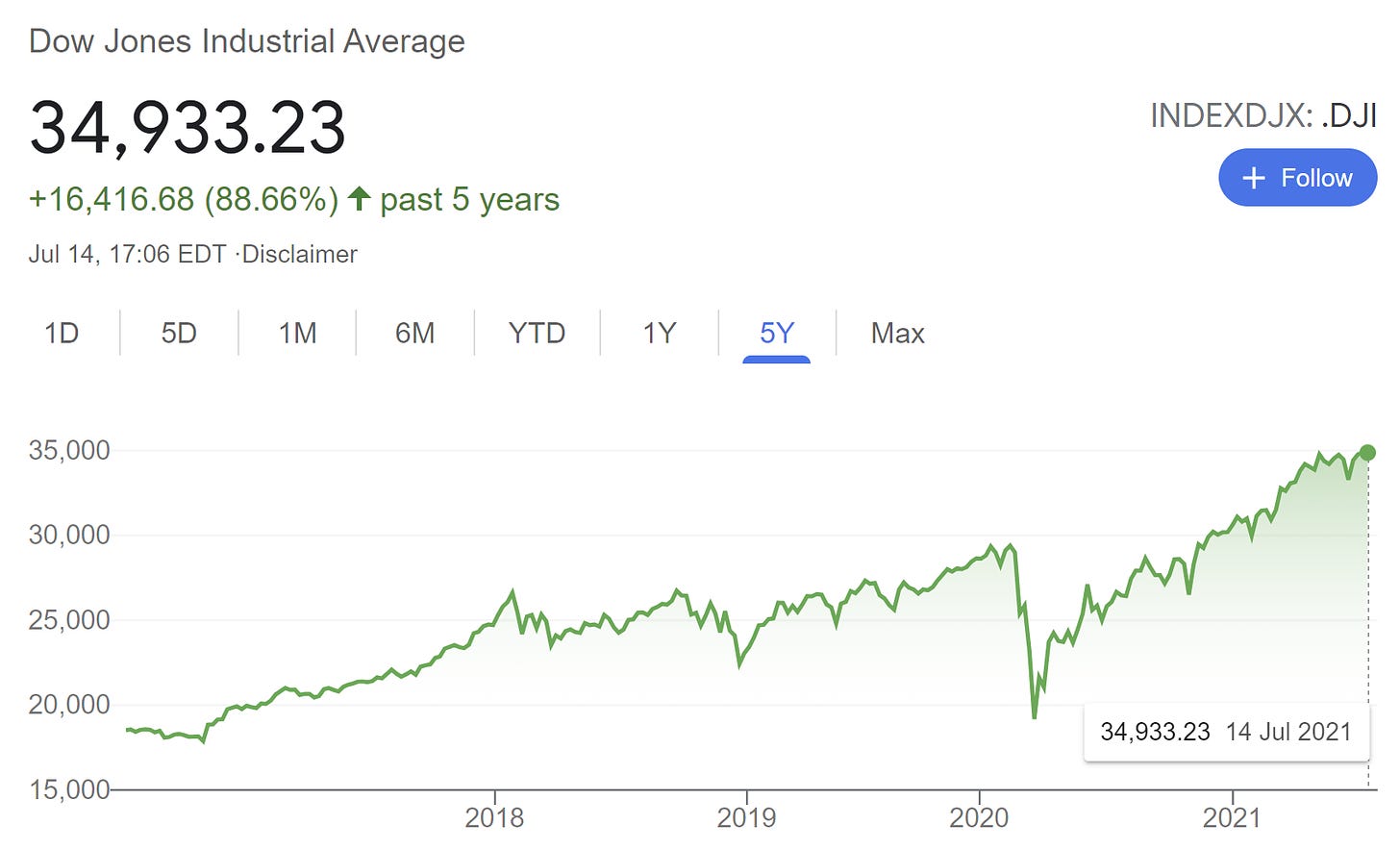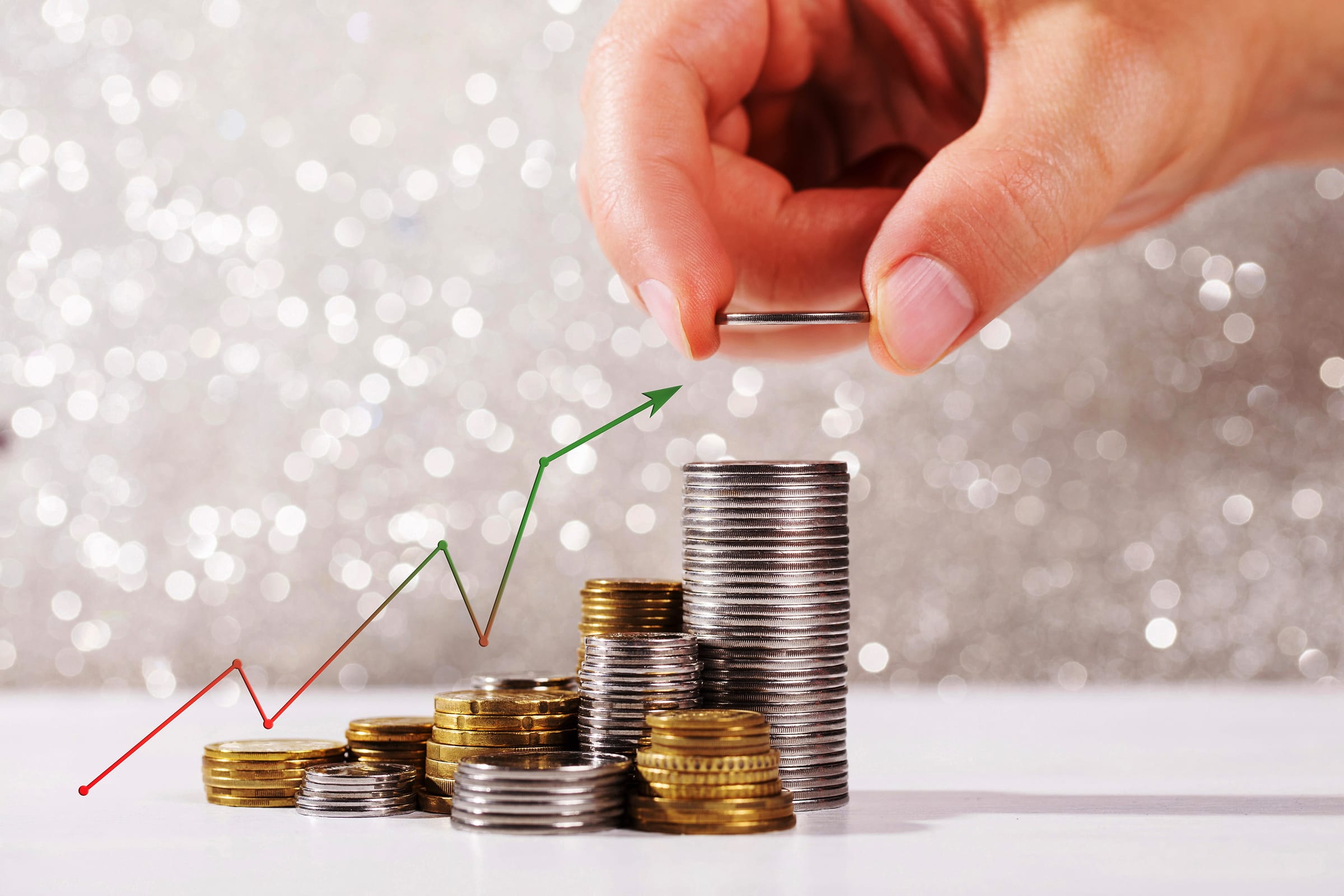Yesterday I wrote about how Singapore has gained over S$200 billion since the start of the pandemic in early 2020. What struck me, however, is that nobody else published anything about it - including the government itself.
That the media are sleeping on something that wasn't mentioned as a success in any press release (i.e. MAS' reserves growing by over $160 billion) is not really a surprise. Looking for information doesn't seem to be a strong trait in modern journalism.
But why doesn't the government use it to its advantage?
Well, the reasons are quite similar to why it doesn't reveal the total size of the reserves or that it chooses to report real rather than nominal rates (which are higher and offer a better comparison vs. other investments) of return for the funds managed by GIC.
When it comes to money, Singaporean authorities are conservative about waving the numbers around, likely wary of political opportunists willing to offer voters generous spending from the growing treasure chest.
Secondly, boasting about hundreds of billions added to the nation's total reserves doesn't help to justify decisions such as raising the GST to 9% or resisting calls by the Workers' Party to draw more money from the returns on reserves to finance budgetary spending in lieu of a tax increase.
The moment people hear about big bucks, they're dreaming about how they should be spent - or accuse the government of not sharing the windfall with the, allegedly, struggling population.
Finally, I think the authorities also recognize that too much self-promotion doesn't do much good, as many people do not trust official sources about anything (this is true about every government on the planet).
I think people should be educated, and successes deserve the spotlight to highlight just how well certain things are run in Singapore - particularly at a time when countries are scrambling to find a way to finance their way through the pandemic-induced crisis.
At the same time, however, we must also be clear that the rapid gains in shareholder returns in Temasek (and, presumably, in GIC as well) or the skyrocketing foreign reserves are not meant to be withdrawn and spent.
They will be reinvested further and form an ever larger portion of budgetary revenues via NIRC every year.
But it doesn't mean you can expect the GST increase to be called off or enjoy more handouts from the government (at least not yet).
What goes up often comes down. You have to remember that the only reason Singapore is in a position this comfortable today is because of past prudence, not reckless spending, whenever it hits another major milestone.
The future remains uncertain as we are in uncharted waters with the amount of monetary and fiscal stimulus worldwide, which keeps pushing stock markets in the West into red-hot rallies.

There's no telling whether or when these bull markets may end - and how big their crash might ultimately be.
We don't know if some countries are going to be able to keep servicing their debts, or we may begin to witness national bankruptcies - including in the developed West.
Singapore has thus far benefited from the misfortunes and mismanagement of others - but it would be irresponsible to draw from the wealth it has gained in the process when long-term consequences are still unknown.
By accumulating reserves and self-restricting itself to drawing only what it can through a portion of long-term returns using NIRC, it retains a buffer big enough to salvage itself in case of a crisis bigger than any before - which is definitely not out of the realm of possibility given the recklessness with which national finance is generally managed abroad.
Successes deserve to be celebrated, and people should be able to understand what they mean. But we can't forget that pride comes before a fall - so cool heads should prevail if Singapore's good run is to be extended into the future.





